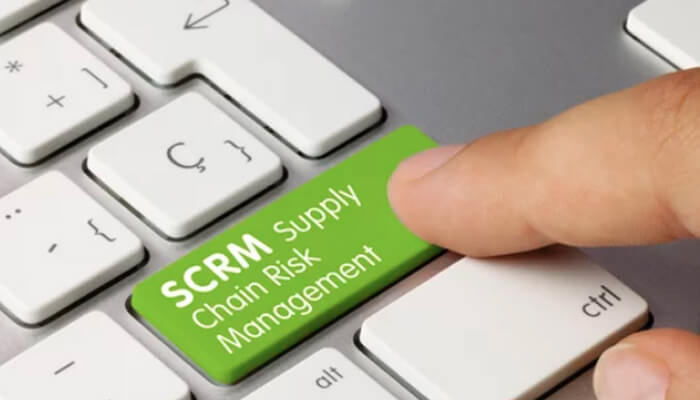The startup business supply chain is an ecosystem that follows a series of processes and steps. The applications are core to modern businesses, and the supply chain relates to frequent attacker targets.
10 ways to secure your start-up business supply chain
1. Perform risk assessments
Assess regularly the associated cyber risks with supply chain management. The assessment should include the processes and systems used by suppliers. Prioritize critical issues and identify vulnerabilities so that you can focus on greater business impact.
2. Multiple suppliers and manufacturers
No supplier or manufacturer is stable. Anything can affect, the environment, political or social. It can destabilize the company. A large supplier can be affected by the shifting of political winds. Relying on one supplier or manufacturer is not safe; for risk management, get from multiple sources.
3. Establish security protocols
Security protocols include guidelines that offer an incident response and access control, besides data protection. Ensure suppliers have essential security measures, including encryption, firewalls, multi-factor authentication, and strong passwords. Thus, keep away from data breaches.
4. Emphasize capital management
Most secured businesses also have disrupted supply chains. It is the reason one should stay ready for the worst, and the best is to have strong capital management. It is crucial to know the cycle of cash conversion. Converting inventory to manage issues helps acquire products to sell.
5. Implementing monitoring continuously
Monitoring continuously the supply chain is helpful. It keeps away hacking attempts and malicious infections of software. Follow immersive exercises enabling reinforcing of memory. Establish a response plan to avoid data breaches.
6. Involvement in tech
Technologies exist and help manage product inventories with one press of a button. You can get all the up-to-date product accounting. Start-up business supply chains for go investing in technology or forget and end up with product shortages. It becomes a costly deal if they fail to check the supply available. Thus, the businesses lose money as they fail to track the inventory lost or if there is a shortfall. There is a need to invest in the future of the company and it is to put in the right technology.
Start-up businesses should leverage technologies that involve IoT supply chain solutions to gain a competitive edge by optimizing their operations and improving efficiency. IoT-enabled devices provide real-time visibility into production, inventory, shipments, and logistics, allowing businesses to monitor their supply chains with precision. This level of transparency helps reduce delays, prevent bottlenecks, and streamline processes, which is especially critical for start-ups that need to operate with agility and cost-efficiency.
7. Boost supplier education
Organizations educate on cyber security topics in their workforce and safeguard company assets and data. Consider extending education and training with structured learning. Follow cyber security practices, point to free resources, and protect sensitive data. Boost to be vigilant and to adopt robust security to prevent cyber threats.
8. Prioritize risk management
In the supply chain; every part has risks, from materials gathering to product delivery. Suppliers cutting delivery services are a hiccup. Thus, sit periodically with your team and analyze the supply chain. It is a must to prioritize supply chain management.
9. Update policies regularly
Regularly update and review the policies to ascertain they are relevant and up-to-date. It will keep you ahead of the threats and supply chain security.
10. Stock on raw materials or inventory
It is best to ensure no supply chain disruption to you. If there is any hiccup with suppliers or manufacturers, you should manage, at least for some time, till their issues are resolved. Keep on hand raw materials and products as per your need for the manufacturing process. Manage properly the supply chains and ensure it is not disrupted. Regardless of the industry you target, there is competition everywhere. Being prepared is a way of risk management that allows you to go for new opportunities.




